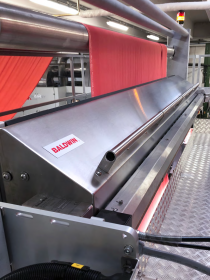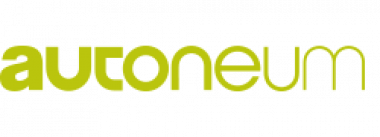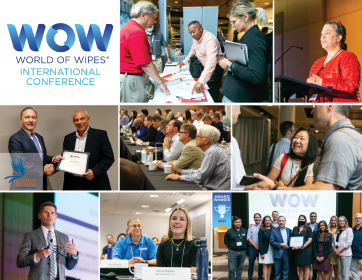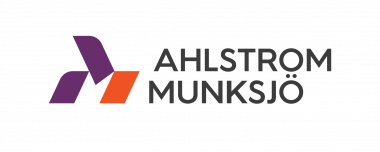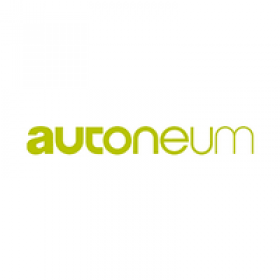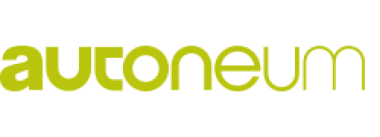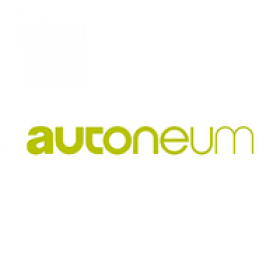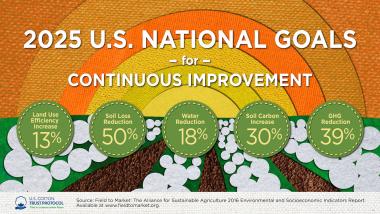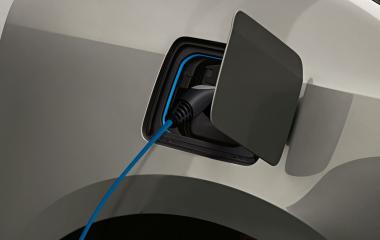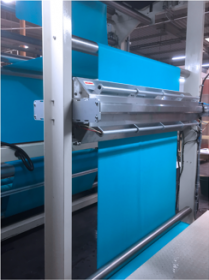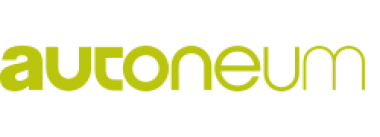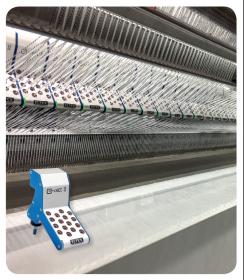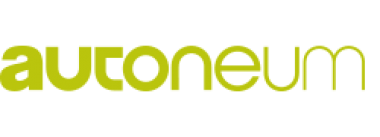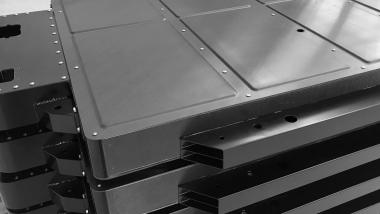Baldwin at Techtextil North America
- Introducing TexCoat G4 to US textile industry
- Non-contact precision spray fabric-finishing system enhances sustainability and process control
Baldwin Technology Company Inc. will be showcasing its TexCoat G4 non-contact precision spray fabric-finishing system at the Techtextil North America trade show, held Aug. 23 to 25, in Raleigh, North Carolina.
With extensive sustainability benefits, unprecedented tracking and process control, and Industry 4.0 integration, the TexCoat G4 provides consistently high-quality fabric finishing, with no chemistry waste, and significantly reduced water and energy consumption.
Baldwin’s innovative non-contact spray technology eliminates chemistry dilution in wet-on-wet processes. The TexCoat G4 consistently and uniformly sprays chemistry across the fabric surface and applies it only where needed, on one or both sides.
Customers can expect no bath contamination during the finishing process, as well as minimal downtime during changeovers, which are made easy with recipe management that includes automated chemistry and coverage selection. The TexCoat G4 also enhances sustainability by wasting no chemistry during color, fabric or chemistry changeovers, and because only the required chemistry volume is applied to the fabric, wet pick-up levels can be reduced by up to 50 percent—leading to 50 percent less water and energy consumption.
Furthermore, in single-side applications, drying steps can be eliminated for various textiles, including those that are back-coated and laminated, thereby streamlining and simplifying the production process.
Baldwin Technology Company Inc. Baldwin Techtextil North America textile finishing
Baldwin Technology Company Inc.


